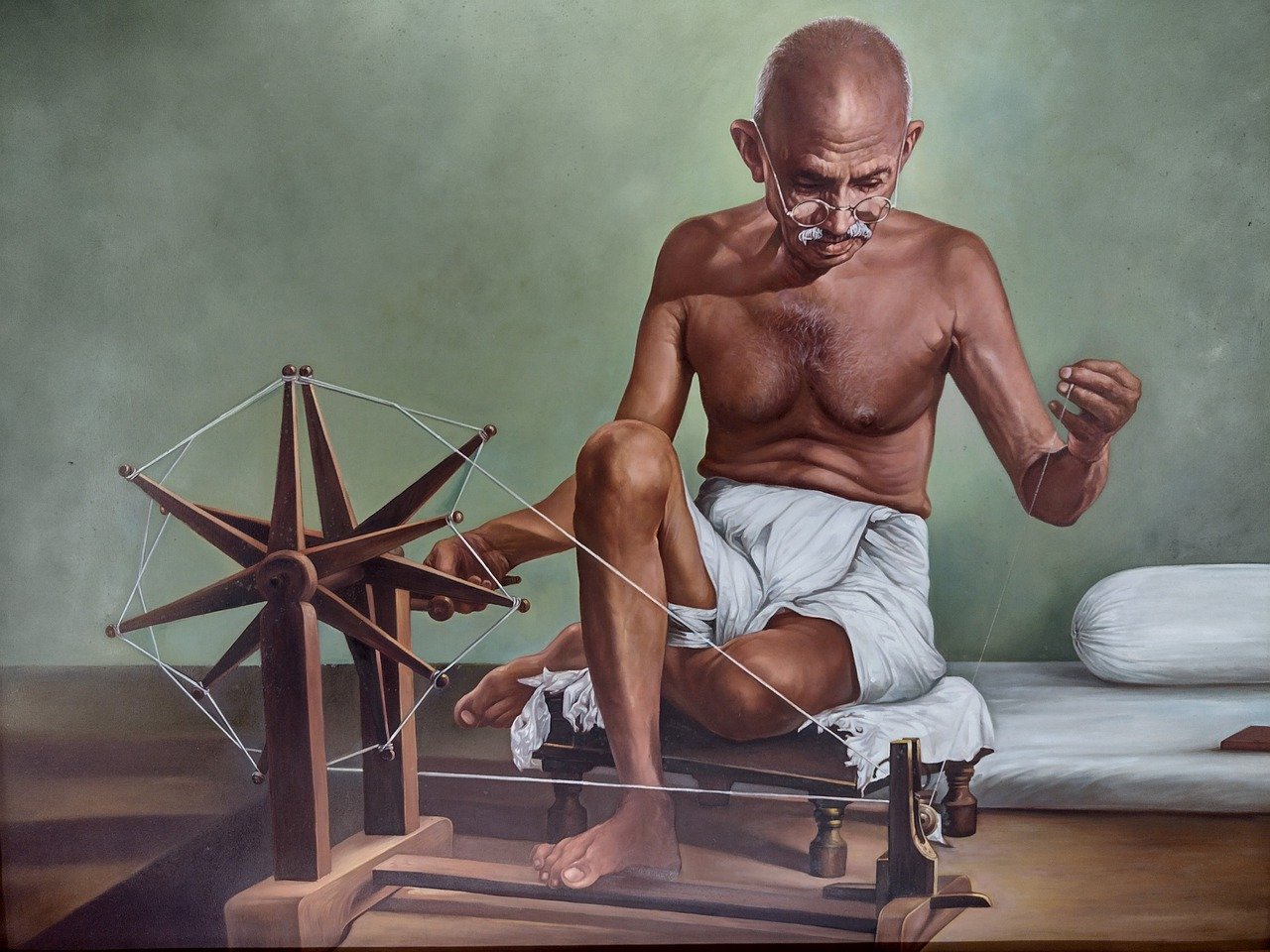
Who Is The Godfather Of India : In the big tapestry of Indian records, few figures loom as large and enduringly influential as Mahatma Gandhi. Revered as the “Father of the Nation,” Gandhi’s impact on India’s battle for independence and his philosophy of nonviolent resistance have earned him a place of unparalleled importance. In this complete exploration, we delve into the life, legacy, and enduring relevance of the man often seemed as the Godfather of India.
Early Life and Influence
Birth and Formative Years
Mahatma Gandhi changed into born on October 2, 1869, in Porbandar, a coastal town in gift-day Gujarat, India. Raised in a religious Hindu family, his upbringing changed into deeply stimulated by using principles of fact, nonviolence, and ease.
Education and Awakening
After completing his early education in India, Gandhi embarked on a journey to England to observe law. It was for the duration of his time in London that he was uncovered to diverse ideologies, which includes the works of Thoreau, Ruskin, and Tolstoy, which would profoundly form his future convictions.
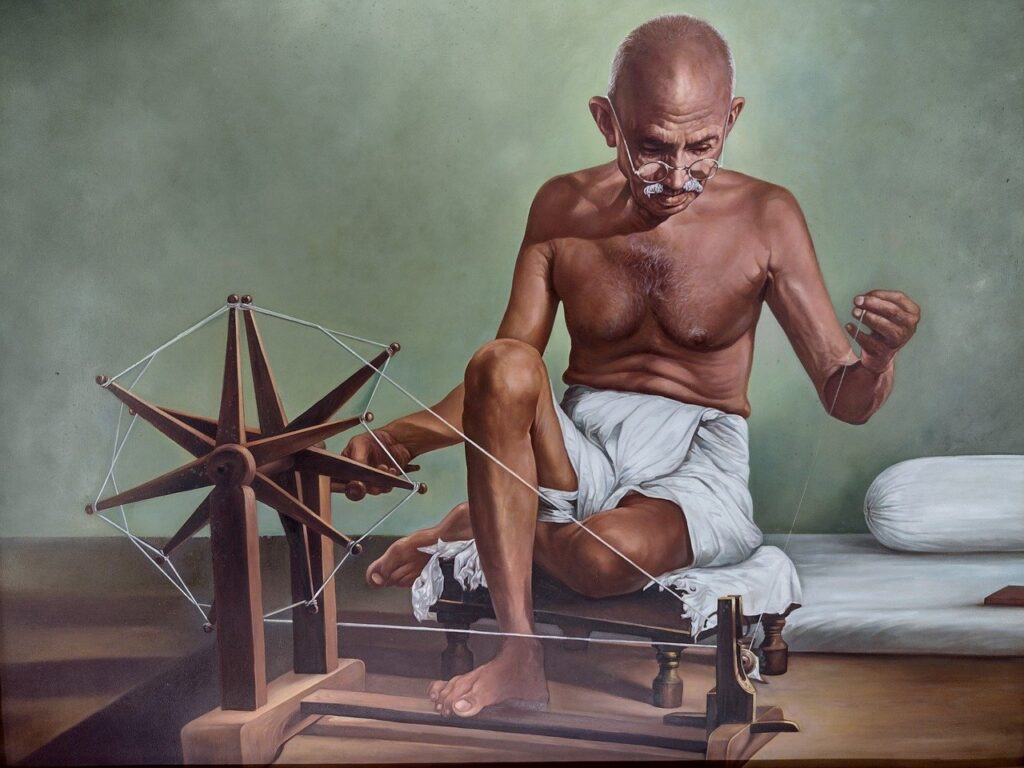
The Path to Activism
South Africa Years
Gandhi’s entry into activism began in South Africa, where he moved in 1893 to paintings as a legal professional. Appalled by using the racial discrimination confronted with the aid of Indians, Gandhi have become an endorse for civil rights, initiating campaigns of passive resistance against oppressive legal guidelines consisting of the discriminatory skip gadget.
Return to India and Emergence as a Leader
In 1915, Gandhi back to India, bringing with him the concepts of Satyagraha (truth force) and Ahimsa (nonviolence) that he had evolved in South Africa. His involvement in various movements, which includes the Champaran and Kheda Satyagrahas, catapulted him to the vanguard of India’s struggle for independence.
The Architect of Nonviolent Resistance
Salt March and Civil Disobedience
One of Gandhi’s maximum iconic acts of civil disobedience become the Salt March of 1930, a protest against the British monopoly on salt manufacturing. This symbolic gesture galvanized millions across India and brought worldwide attention to the plight of colonial topics.
Quit India Movement
In 1942, Gandhi launched the Quit India Movement, traumatic an quit to British rule in India. Despite going through giant arrests and repression, the movement stimulated a fervent spirit of nationalism and laid the foundation for India’s eventual independence.
Legacy and Global Influence
Independence and Partition
On August 15, 1947, India in the end gained independence from British rule, enjoyable Gandhi’s lifelong dream. However, the joy of independence turned into tempered by the tragic partition of India and Pakistan, leading to widespread violence and displacement.
Influence on Global Movements
Gandhi’s philosophy of nonviolent resistance transcended country wide boundaries, inspiring civil rights leaders including Martin Luther King Jr. In the United States and Nelson Mandela in South Africa. His ideas continue to resonate in actions for social justice and peace round the world.
Reflections on Gandhi’s Ideals
Relevance in Modern India
In present day India, Gandhi’s teachings stay as applicable as ever, imparting steerage in navigating complex social, political, and environmental challenges. His emphasis on simplicity, self-reliance, and communal concord maintains to inspire generations of Indians.
Challenges to Gandhi’s Legacy
Despite his enduring legacy, Gandhi’s ideals have faced complaint and scrutiny in current years. Debates surrounding problems consisting of caste discrimination, gender equality, and environmental sustainability have brought on reassessments of his teachings in mild of evolving social norms.
Conclusion: Who Is The Godfather Of India?
As we mirror on the existence and legacy of Mahatma Gandhi, it turns into evident that his impact transcends the limits of time and geography. From his humble beginnings in Porbandar to his towering presence on the world level, Gandhi’s adventure embodies the electricity of conviction, compassion, and courage in the face of adversity. As India keeps its onward march into the future, the spirit of the Mahatma serves as a guiding light, reminding us of the long-lasting power of truth and nonviolence in shaping a extra simply and equitable global.
FAQ’S : Who Is The Godfather Of India?
Who is regularly referred to as the Father of the Nation in India?
Mahatma Gandhi is normally referred to as the Father of the Nation in India for his pivotal role in leading the u . S .’s independence movement thru nonviolent resistance.
Who is taken into consideration the Architect of Modern India?
Jawaharlal Nehru, the primary Prime Minister of India, is regularly credited because the Architect of Modern India for his contributions to shaping the us of a’s political, economic, and social landscape after independence.
Who is referred to as the Iron Man of India?
Sardar Vallabhbhai Patel earned the name of Iron Man of India for his instrumental role inside the integration of princely states into the Indian Union following independence.
Who is appeared because the Missile Man of India?
A.P.J. Abdul Kalam, the former President of India, is frequently referred to as the Missile Man of India for his contributions to the development of India’s missile and space era packages.
Who is taken into consideration the Nightingale of India?
Sarojini Naidu, a outstanding poet and politician, is frequently known as the Nightingale of India for her lyrical poetry and vast position in the Indian independence movement.
Who is referred to as the Grand Old Man of India?
Dadabhai Naoroji, a distinguished Indian nationalist and baby-kisser, earned the name of the Grand Old Man of India for his pioneering efforts within the Indian independence motion and his role as one of the founding contributors of the Indian National Congress.
Who is taken into consideration the Father of Indian Constitution?
Dr. B.R. Ambedkar is frequently seemed as the Father of the Indian Constitution for his chairmanship of the Constitution Drafting Committee and his pivotal role in drafting the Indian Constitution.
Who is referred to as the Tiger of Mysore?
Tipu Sultan, the ruler of the Kingdom of Mysore, is frequently known as the Tiger of Mysore for his fierce resistance towards British colonialism and his innovative navy strategies.
Who is seemed as the Saint of Sabarmati?
Mahatma Gandhi is from time to time called the Saint of Sabarmati, highlighting his affiliation with the Sabarmati Ashram in Ahmedabad, Gujarat, wherein he lived and released numerous giant actions at some stage in the Indian independence conflict.
Who is taken into consideration the Father of Indian Space Program?
Vikram Sarabhai, a renowned physicist and astronomer, is regularly regarded because the Father of the Indian Space Program for his pioneering efforts in organising the Indian Space Research Organisation (ISRO) and advancing space technological know-how and era in India.

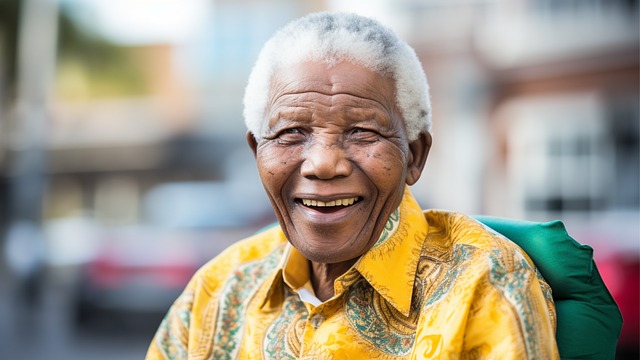




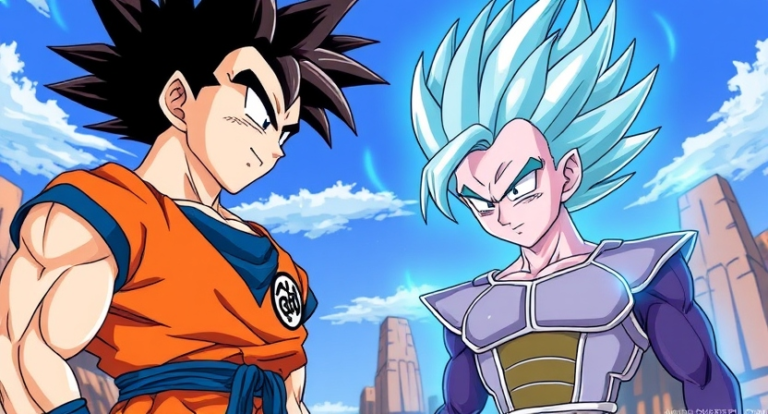
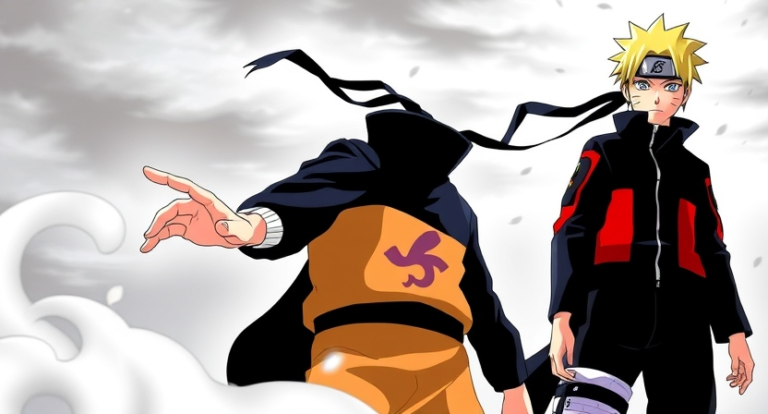
Very good bro I like your content and I hope your next article come soon because your content very true and help to the study on gandi ji presentation
thanks devansh